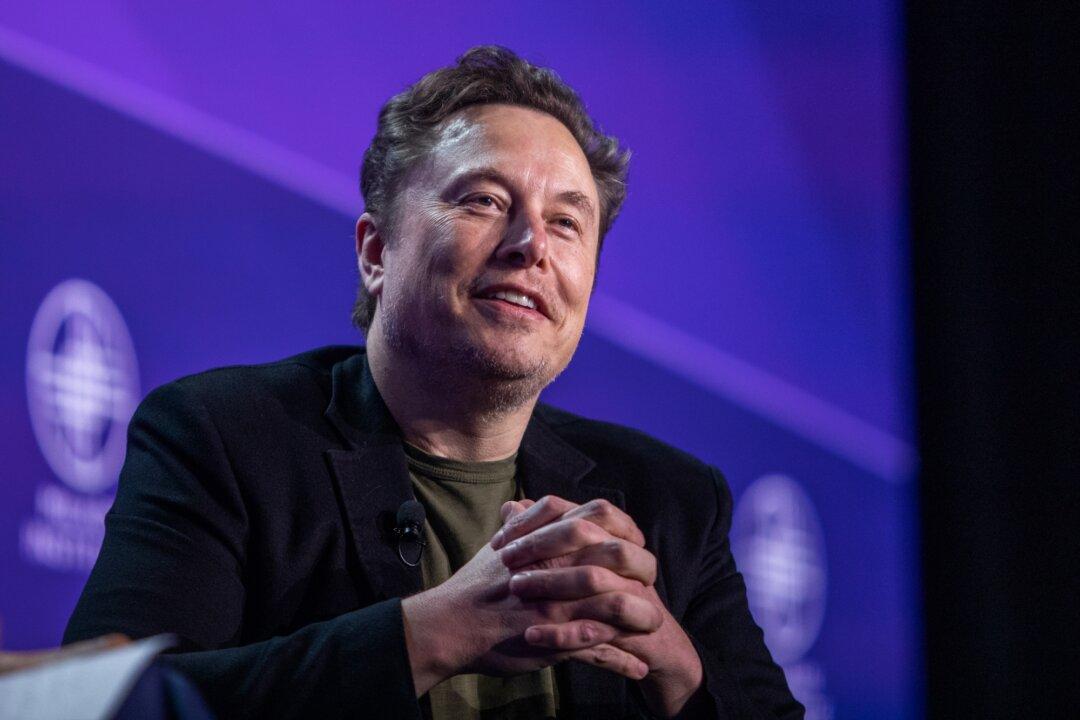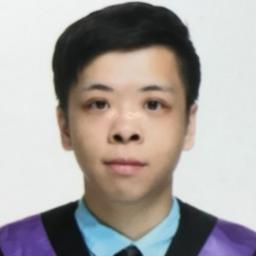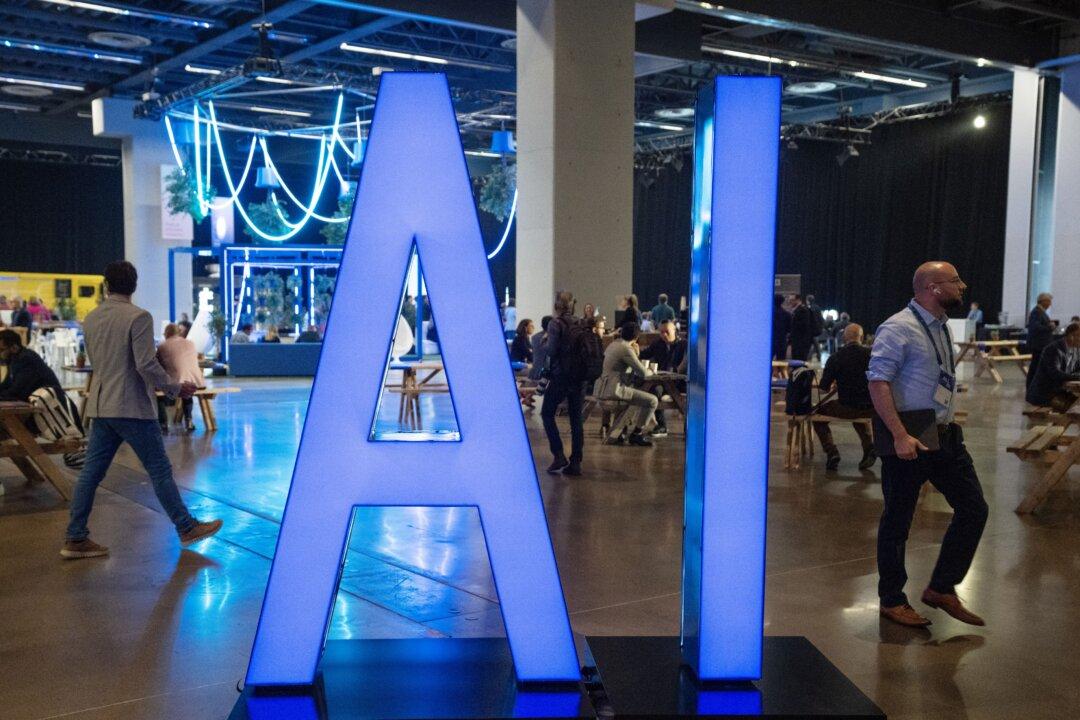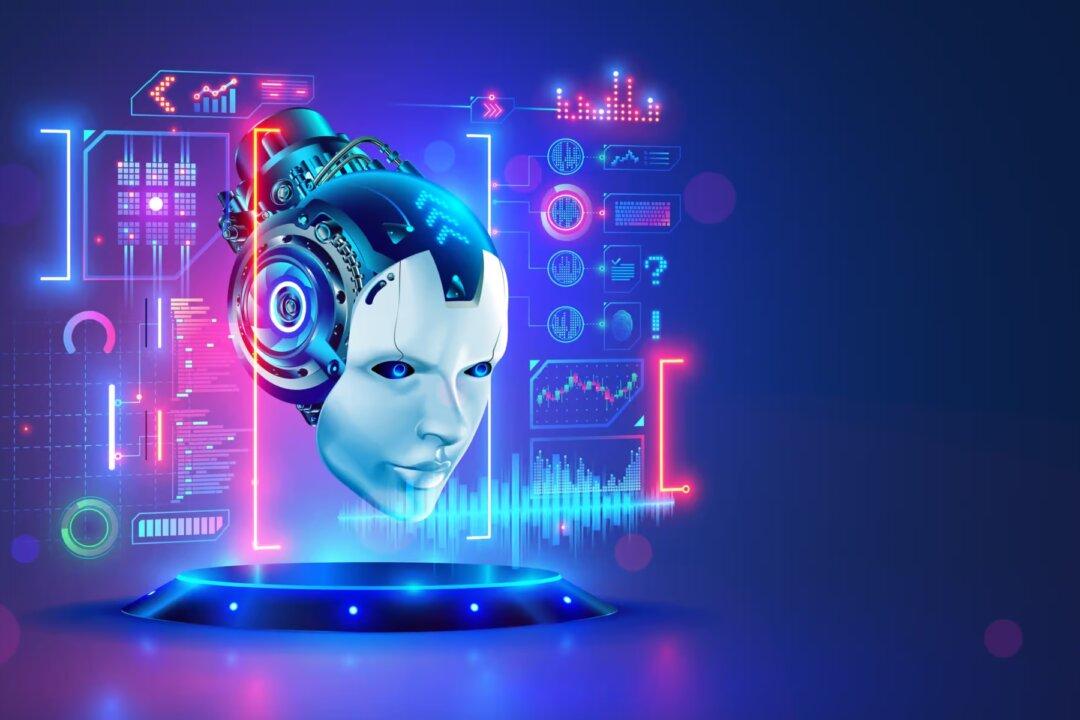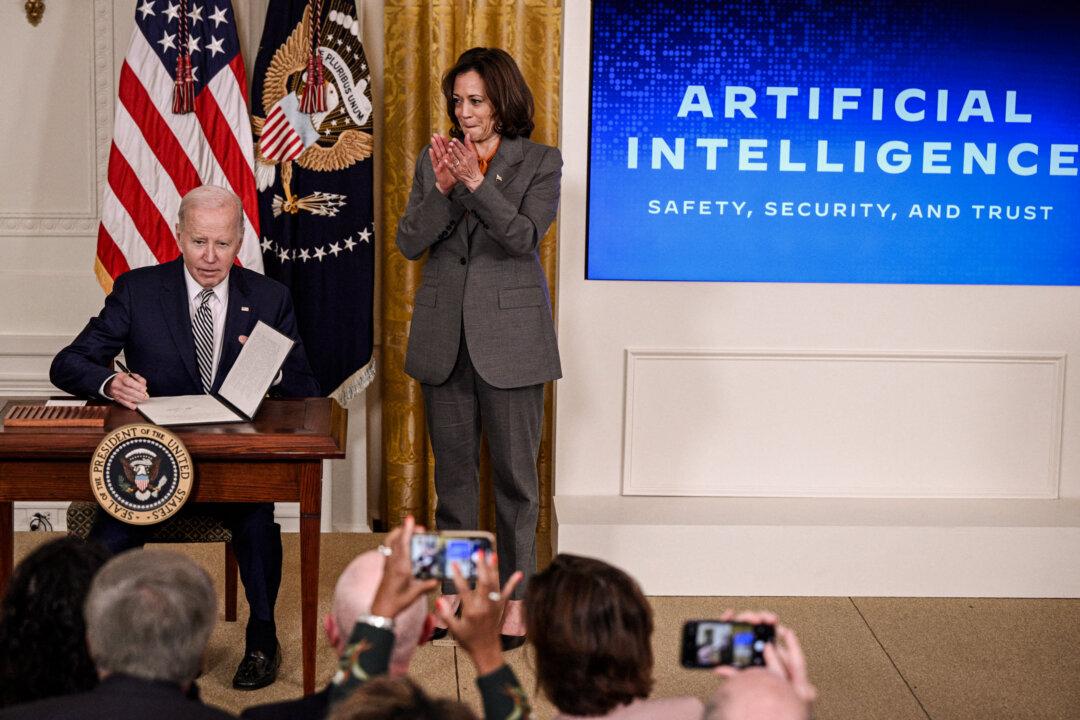The year 2024 has emerged as a fiercely competitive time in the field of artificial intelligence (AI), with both OpenAI and Google unveiling more advanced and lifelike AI systems. Recently, Elon Musk’s xAI has entered the fray, announcing a significant milestone with $6 billion raised in funding. However, Mr. Musk’s prediction that AI will replace human jobs casts a chilling shadow over these advancements.
On May 27, xAI, a company founded by Musk, announced that it had secured $6 billion in a series B funding round, valuing the company at $24 billion. This funding round received substantial backing from prominent investment firms and banks, including Andreessen Horowitz, Sequoia Capital, and Kingdom Holding.
